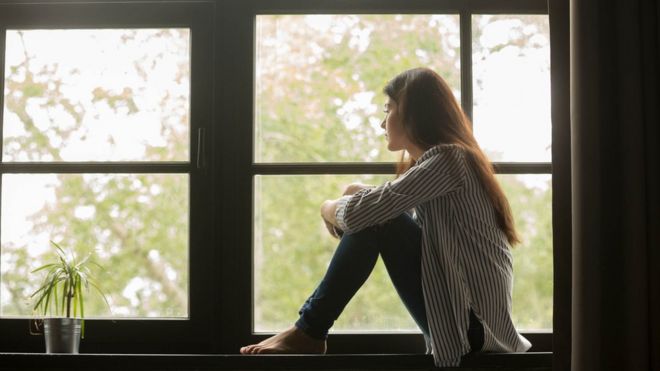Social Distance, Self-Isolation; UK To Announce 'Stay At Home' For At-Risk Grps; Lving w Vulnerables
'Coronavirus: What are social distancing and self-isolation?' BBC News, March 18, 2020.
Everybody in the UK has been asked to stop non-essential contact with other people and avoid all unnecessary travel. This is known as social distancing.
It follows people with flu-like symptoms being asked to self-isolate at home, to avoid infecting others.
So, what do you need to know about social distancing and self-isolation?
What is social distancing?
Social distancing means trying to avoid contact with other people.
It means spending less time in public places, where a lot of people are around.
The government wants:
◾People to start working from home wherever possible
◾All unnecessary travel stopped
◾Pubs, clubs, theatres and other such social venues to be avoided
◾Anyone living with someone who has a cough or a temperature to stay at home for 14 days
*Within days, it expects to announce measures for people in at-risk groups to stay at home for 12 weeks. This affects pregnant women, people aged over 70 and those with underlying health conditions.
What is self-isolating?
Self-isolating means cutting yourself off from the rest of the world.
From now on, if one person in a household starts to display flu-like symptoms - defined as a fever of above 37.8C or a persistent cough - everyone living there must stay at home for 14 days.
Public Health England (PHE) currently says that, if possible, you should not go out even to buy food or other essentials, other than to take exercise, and in that case at a safe distance from others. - More- 'CV Key Symptoms: Living With A Vulnerable Person'...
More, https://www.bbc.com/news/uk-51506729

